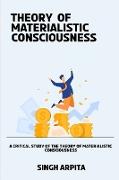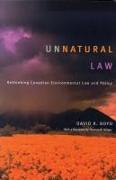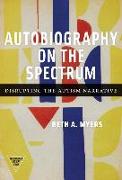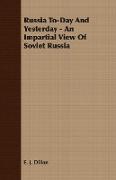- Start
- A Critical Study of the Theory of Materialistic Consciousness
A Critical Study of the Theory of Materialistic Consciousness
Angebote / Angebote:
Background of the Study
Explicitly or implicitly, consciousness has been concerning as a fascinating issue in the
history of philosophy and science as well. Historically, the word consciousness come into
existence in early modern philosophy with the work of Rene Descartes (1596- 1650).
Discourse began with his work Meditations on First Philosophy, in which he established the
notion of Cogito as a thinking thing different from a non-thinking material body.1 Descartes
proclaimed consciousness as an essential component of everything mental. He defined
consciousness as one's awareness of one's mental states:
As to the fact that there can be nothing in the mind, in so far as it is a thinking thing,
of which it is not aware, this seems to me to be self-evident. For there is nothing that
we can understand to be in the mind regarded in this way, that is not a thought or
dependent on a thought.2
He defined the very notion of thought (pensée) in terms of reflexive consciousness or selfawareness:
By the word thought, I understand all that which so takes place in us that we of
ourselves are immediately conscious of it.3
In the end of the 17th century, John Locke upheld the existence of a quasi-perceptual inner
sense when he described our awareness of the operations of mind:
Secondly, the other fountain from which experience provides ideas to the
understanding is the perception of the operations of our own mind within us......and
though it is not sense, because it has nothing to do with external objects, it is still very
like sense, and might properly enough be called 'internal sense'.4
Moreover, he holds that consciousness is the employment of this inner sense- most clearly in
the statement cited by Guzelder from the Essay Concerning Human Mind that Consciousness
is the perception of what goes in a person's own mind
Folgt in ca. 5 Arbeitstagen




